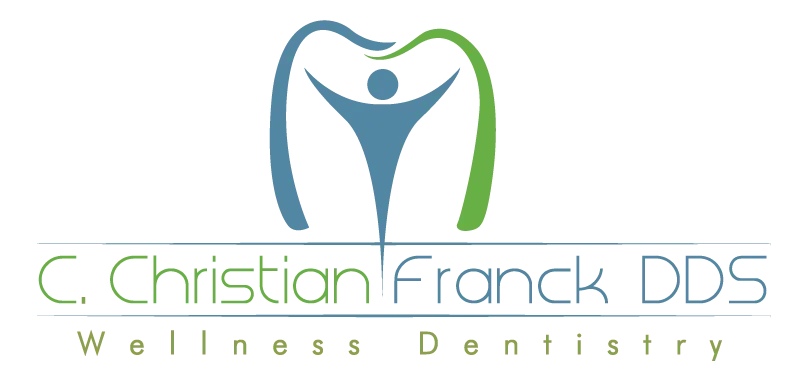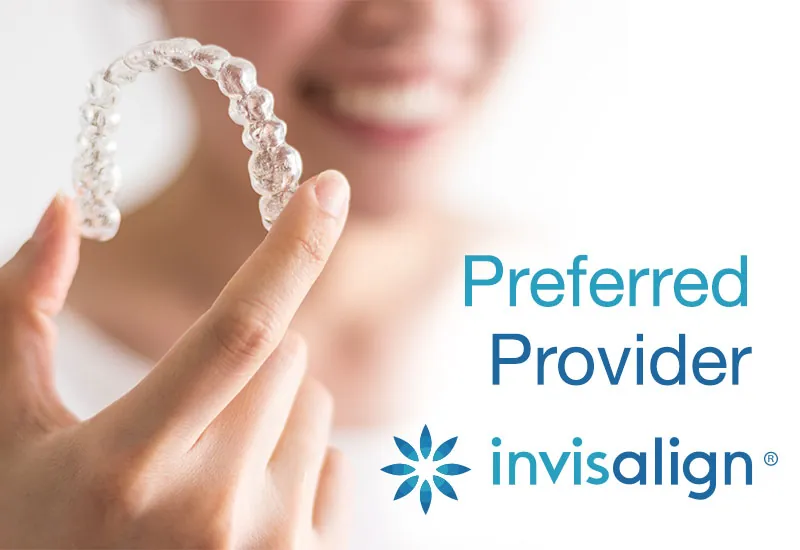Typically there are two types of people in this world. The ones that are confident when the dental hygienist asks, “Do you floss regularly” and the ones who are scared to answer the question. Which one are you? Don’t worry, no judging here. If you fall into the scared to answer category maybe you’re wondering, “Why is flossing so important anyway”.
The simple answer is that flossing should be a part of your daily dental hygiene ritual. We get it, you’re in a hurry and you don’t need one more thing to do during your busy morning and/or when you’re getting ready for bed, but we can’t think of flossing as a chore but rather a rewarding process.
Flossing is good for your overall health and helps prevent cavities and gum disease. Flossing also helps minimize the leading cause of tooth decay, plaque. Plaque causes tooth decay by releasing acid that can eat away the enamel. Since plaque contains bacteria and feeds off the foods and sugars in your mouth, flossing is the best way to minimize your chance of plaque buildup.
You might be thinking, “I brush my teeth very well, isn’t that enough?”. No, it’s not enough. Think about the fact that your teeth have 5 surfaces that need to be cleaned, the front, back, bottom and both sides. Brushing will take care of the front, back and bottom of your teeth and possibly some of the sides but the only way to thoroughly clean the spaces between your teeth is with flossing or similar method.
One concern that might pop up with flossing is that your gums might bleed. If this happens rest assured that it can be normal. The more regularly you floss the less your gums should bleed. However, if there seems to be excessive bleeding or it doesn’t seem to lessen over time be sure to discuss this with your dentist.
Bottom line, make sure you’re flossing. It doesn’t take long and is an important part of your dental health. If you don’t like standard dental floss talk to your dentist about alternative flossing methods. If you’re not sure if you’re flossing properly ask your dentist to demonstrate for you or visit our blog post on how to floss properly.
The information on this Blog is provided for general information, is not intended to provide medical, dental or surgical advice, and should not be relied upon as a substitute for professional medical advice, diagnosis or treatment. No dentist/patient relationship is established by your use of this Site. No diagnosis or treatment is being provided. The information contained here should be used in consultation with a dentist of your choice. No guarantees or warranties are made regarding any of the information contained within this Blog.




